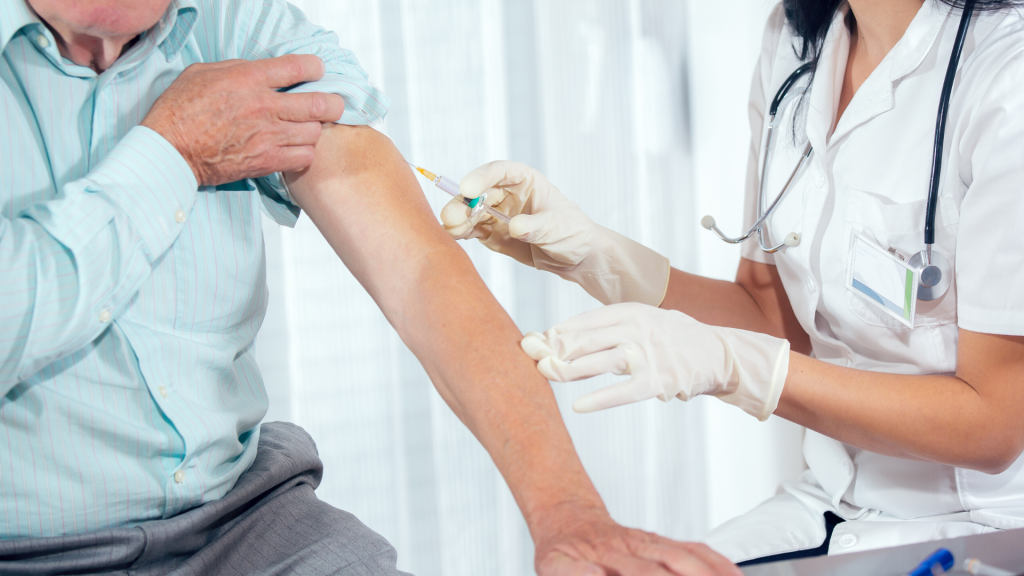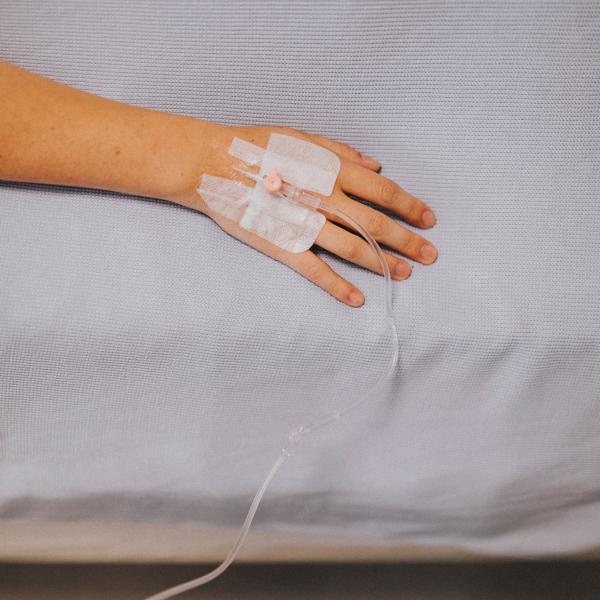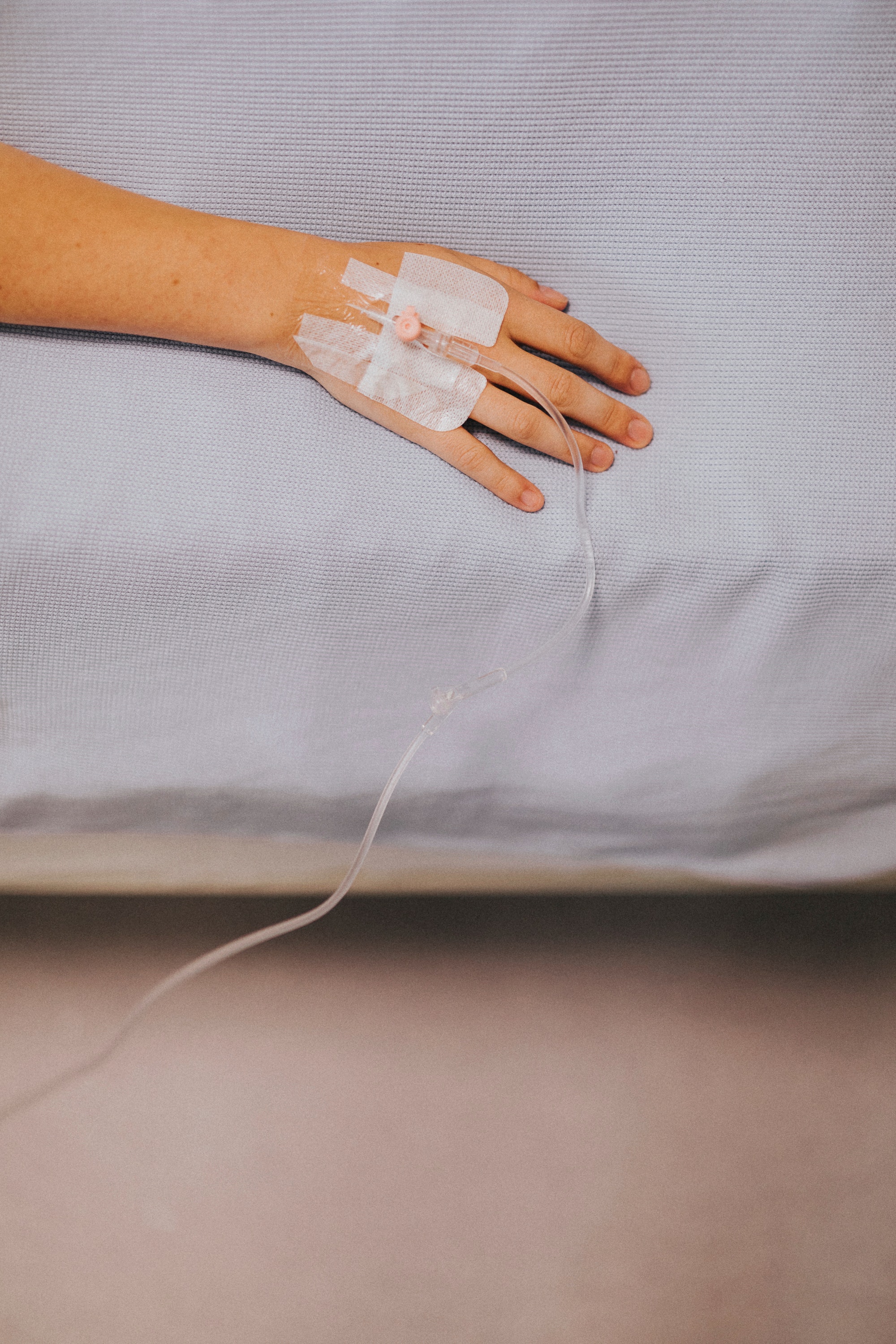
Targeted therapies
Targeted drug therapies target certain parts of cancer cells that make them different from normal cells.
On this page:
What are targeted therapies?
Targeted drug therapies target certain parts of cancer cells that make them different from normal cells.
They can:
- Help stop cancer from spreading, slow its growth, or destroy cancer cells that have spread to other parts of your body.
- Treat cancer that has spread or come back after treatment.
For some cancers, targeted drug therapies are one of the main treatments. For example, melanoma and chronic myeloid leukaemia.
How do targeted therapies work?
Different targeted therapies work in different ways. Targeted therapies can work to:
- Block or turn off chemical signals that tell the cancer cell to grow and divide.
- Change proteins within the cancer cells so the cells die.
- Stop making new blood vessels to feed the cancer cells.
- Carry toxins to the cancer cells to kill them.
- Help chemotherapy get directly to cancer cells.
Types of targeted therapies
There are many types of targeted therapies, and some fit into more than one category, so it can be a bit confusing. Some of the main types are:
- Monoclonal antibodies
- Cancer growth inhibitors
- Angiogenesis inhibitors
- PARP inhibitors
If you want to know more about how these different types work, see our booklet Understanding chemotherapy and other cancer drugs.
Before treatment
- Ask about any possible side-effects.
- Check if you need to do anything to prepare for treatment. For example, getting dental work done or having any recommended vaccinations.

If you know the name of your targeted therapy drug, visit the Health Product Regulatory Authority’s website at www.hpra.ie where you will find more information about:
- What the drug is
- How it is given
- Possible side-effects
Am I suitable for targeted therapies?
Targeted drug therapies are not suitable for all types of cancers. Whether you have targeted therapy depends on:
- Your overall health
- The type of cancer you have and how far it has spread (the stage)
- Your treatment history
- Whether you have specific genetic changes in your cancer
Before you have some types of targeted drugs you might need to have tests using some of your cancer cells or a blood sample to find out whether the treatment is likely to work. The tests can look for changes in certain proteins or genes. Some drugs target these changes so they won’t work unless your cancer cells have them. This is not the case for all targeted drugs and you don’t always need these tests.

How are targeted therapies given?
- A drip (intravenous infusion) into the bloodstream through a vein – drugs are diluted in a large bag of liquid and go in slowly over several hours.
- An injection into the bloodstream (usually through a vein). The drugs are injected into a drip by a nurse. It can last from a few minutes to 20 minutes.
- Tablets or capsules taken by mouth (oral therapies). Read more about oral therapies.
Cycles and courses of treatment
Targeted therapies are usually given in a course of treatments. A treatment course often takes between 3 to 6 months but it can be more or less than that.
A course is made up of cycles. A cycle is the day or days of your treatment, followed by a rest period, when you have no treatment and your body is recovering. Your cancer doctor will explain the number of cycles you need to treat the cancer. It will depend on your type of cancer and the drug or drugs you are receiving.
Targeted therapies and other cancer treatments
Targeted therapies can be given in combination with other treatments, such as chemotherapy or radiotherapy. For some cancer patients, targeted therapies are the only treatment needed.
Will I get side-effects?
Different drugs can cause different side-effects. Your doctor and specialist nurse will talk to you about the drugs you’ll be having and possible side-effects. You may get side-effects after the first dose, a bit like an allergic reaction. You may get medication to help with this.
Always tell your doctor or nurse about any side-effects you have. Your doctor can give you drugs to help control some side-effects. After your treatment is over, most side-effects start to improve.
Your team will give you medications to get you through the side-effects. Take them. Tell your doctor or nurse how you’re feeling and they will be able to help you.
Keeping a note of your side-effects
You may find it helpful to keep a record of some side effects. This can help you talk to your doctors and nurses, and find the best way to manage them. Most side-effects ease in the weeks and months after treatment.
We have more information on coping with the side-effects of cancer treatments.
More information on targeted therapies
For more information
Phone
1800 200 700



